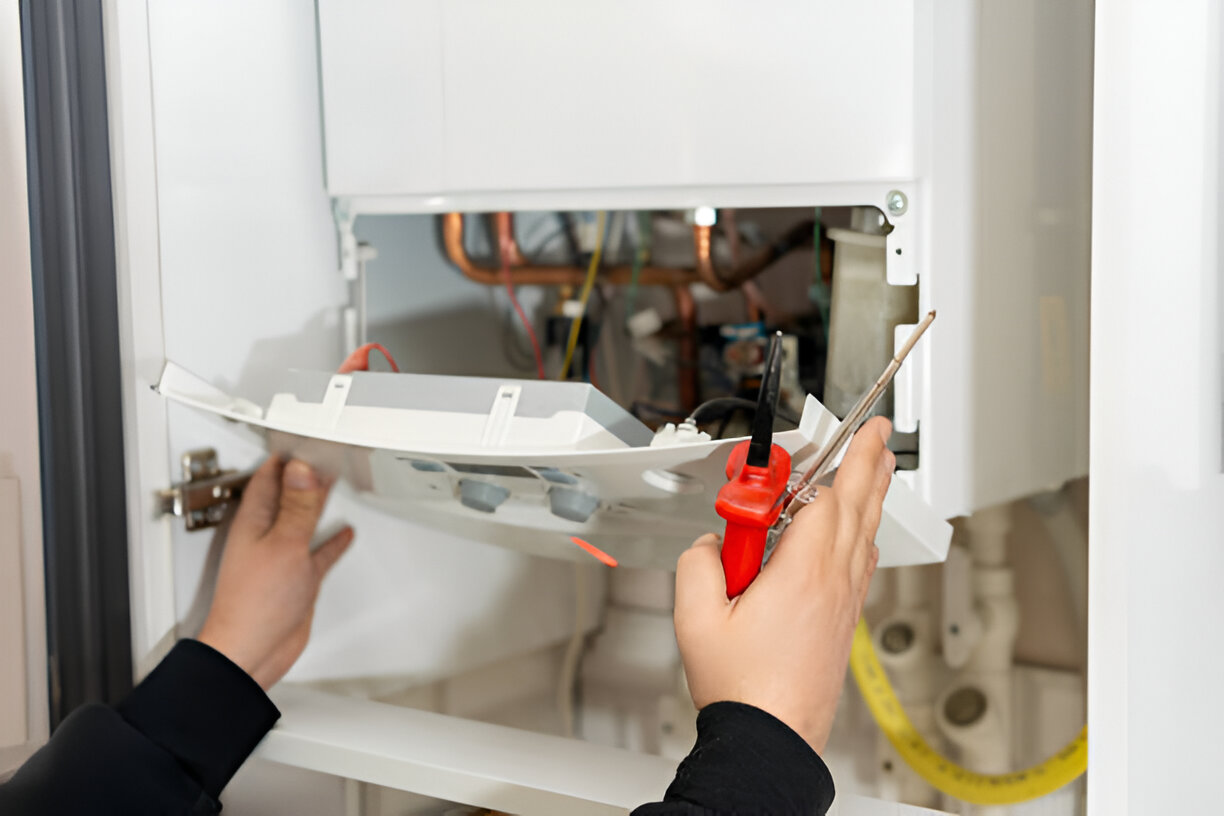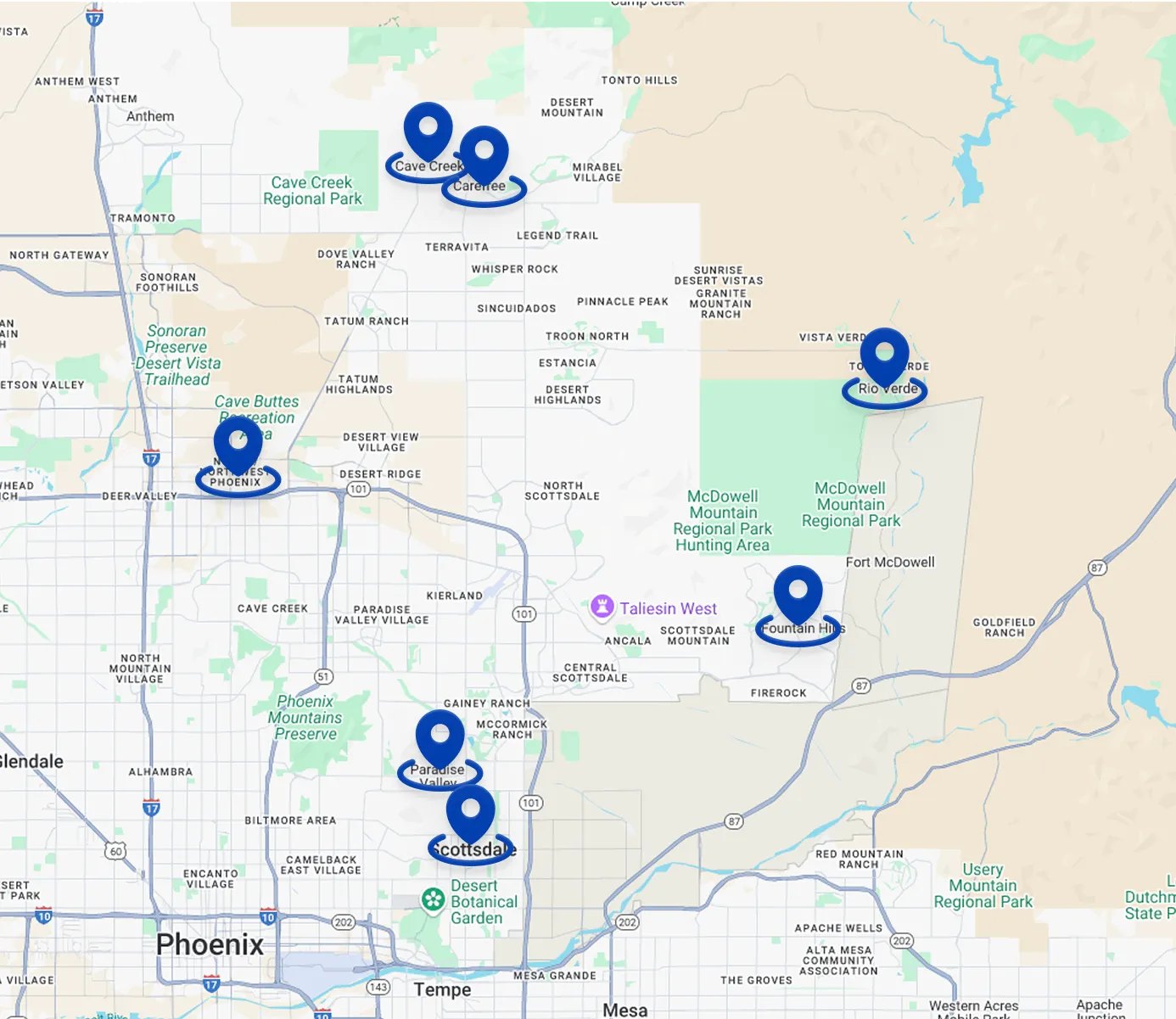Heating Tune-up in Phoenix, AZ
A professional heating tune-up in Phoenix, AZ keeps your furnace or heat pump safe, reliable, and efficient when you need heat most. Even though Phoenix winters are short and mild compared with colder regions, local homes still rely on heating systems for chilly desert nights and occasional cold snaps. Regular maintenance prevents unexpected failures, reduces energy waste, and extends equipment life—especially important in the Valley where dust, pollen, and seasonal storms increase strain on HVAC equipment.

Why a heating tune-up matters in Phoenix homes
- Phoenix has high dust loads, pollen seasons, and monsoon debris that quickly clog filters and outdoor coils, reducing efficiency and creating wear.
- Gas furnaces and hybrid systems need safety and combustion checks after long idle periods to prevent carbon monoxide risk and ensure reliable ignition.
- Heat pumps that work year-round benefit from seasonal calibration to maintain efficient defrost cycles and reversing valve performance.
- Even limited use still allows components to age, seize, or misalign; lubrication, calibration, and cleaning keep small issues from becoming emergency repairs.
Common heating problems we find during inspections in Phoenix
- Dirty air filters and restricted airflow causing short cycling or weak heat delivery
- Clogged outdoor unit coils (heat pumps) from dust and debris leading to higher energy use
- Thermostat drift or incorrect settings causing inconsistent temperatures
- Ignition or pilot failures on gas furnaces after months of inactivity
- Worn bearings, belts, or motors that increase noise and energy consumption
- Combustion inefficiencies and improper venting in older gas systems
- Refrigerant imbalances or leaks in heat pumps resulting in poor heat transfer
What a comprehensive heating tune-up includes
The goal is to restore safe operation and optimize efficiency. A full tune-up typically follows a standardized process so you understand each step.
Diagnostic and inspection steps
- Visual inspection of indoor and outdoor units for signs of damage, rust, or animal nests
- Verify thermostat operation and recalibrate settings for accurate temperature control
- Inspect electrical connections, capacitors, and control wiring for wear and secure connections
- Check airflow through ductwork and registers; measure static pressure when needed
- For gas systems: perform combustion analysis, check flame quality, heat exchanger condition, and venting integrity for safety
- For heat pumps: inspect reversing valve, defrost cycle, and compressor operation
Cleaning, lubrication, and adjustments
- Replace or clean air filters; inspect filter racks and seals
- Clean evaporator and condenser coils when accessible to restore heat transfer
- Clear debris from outdoor units and ensure proper airflow around condensing coils
- Lubricate motors, bearings, and moving parts where applicable to reduce friction and extend life
- Adjust burners and gas pressure for efficient combustion on gas furnaces
Performance and safety testing
- Run the system through a full heat cycle and measure temperature rise across the furnace or heat output for heat pumps
- Check electrical draw and amperage on key components to detect failing motors
- Confirm proper cycling, safety control operation, and limit switch performance
- Deliver a written summary of findings, recommended repairs, and parts needing attention
Typical checklist of tasks performed during a Phoenix heating tune-up
- Replace or inspect air filter and recommend filter type
- Inspect thermostat and recalibrate or reprogram as needed
- Clean or inspect blower assembly and motor
- Inspect and clean combustion chamber and burners (gas systems)
- Test heat exchanger visually for cracks or corrosion (gas systems)
- Check ignition system and pilot or electronic ignition
- Measure temperature rise and system pressures
- Inspect and clean outdoor unit coils and clear debris
- Lubricate moving parts where required
- Tighten electrical connections and test capacitors and relays
- Verify safety controls and venting
- Provide maintenance notes and next service recommendation
Expected timeframe and what to expect during the visit
- Most single-system tune-ups are completed in 60 to 90 minutes. Larger homes with multiple systems or complex ductwork can take longer.
- A technician will perform safety checks first, then proceed to cleaning, adjustments, and performance tests. You will receive a concise service summary outlining any issues and recommended next steps.
- Because Phoenix air is dusty, technicians commonly recommend higher-efficiency filters or more frequent filter changes to maintain performance between visits.
Maintenance plan and financing options
- Regular maintenance plans typically offer annual or bi-annual tune-ups timed around seasonal needs (fall furnace tune-up before cooler months, spring heat pump maintenance before heavy cooling season). Plans may include priority scheduling, discounted diagnostic rates for repairs, and documented service history which helps preserve warranties.
- Financing options can make larger repairs or equipment upgrades more manageable by spreading costs over monthly payments. Maintenance plans and financing together reduce the chance of unexpected large expenses and help budget routine care.
Benefits of regular heating maintenance for Phoenix homeowners
- Fewer breakdowns during cold snaps, reducing the risk of emergency service calls
- Lower energy bills through improved efficiency and correct system calibration
- Longer equipment life by preventing premature component failure
- Safer operation for gas systems through combustion and venting checks
- Better indoor comfort with consistent temperatures and improved air quality
When to schedule a tune-up
- Schedule a heating tune-up in the fall before overnight temperatures drop, or anytime you notice reduced performance, strange odors, unusual noises, or higher energy bills.
- For heat pumps used year-round, consider scheduling a tune-up in early spring or late fall to ensure both heating and cooling modes are operating correctly.
Regular heating tune-ups are an investment in comfort, safety, and long-term savings—especially in Phoenix where dust, seasonal storms, and temperature swings place unique stresses on HVAC equipment. A thorough inspection, cleaning, and performance tune-up will help your system run reliably when you need it and operate efficiently the rest of the year.
Customer Testimonials
Hear directly from our customers about the quality, honesty, and care we bring to every job.










